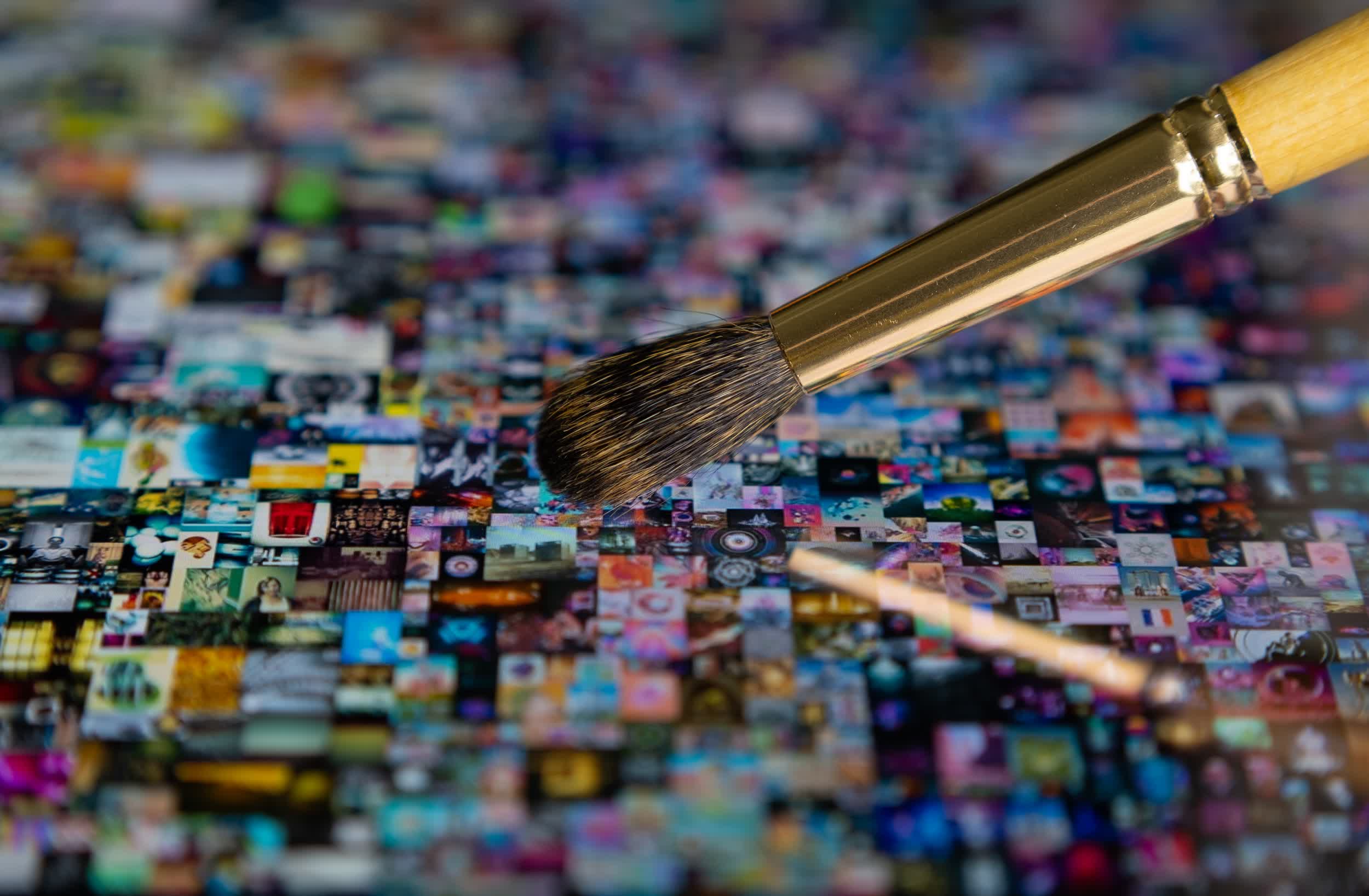The big picture: eBay has been connecting enthusiastic sellers with passionate collectors over the Internet for more than 25 years, helping many turn their hobbies into their livelihoods. As we watch the rise of an alternative asset class, it should come as little surprise that eBay is jumping on the bandwagon early.

eBay has become the first e-commerce company to enable the sale of NFTs, or non-fungible tokens. The latest craze in crypto, NFTs use blockchain technology to authenticate digital goods like pictures or videos as original, and to verify ownership.
Any form of collecting is about the convergence of passion, interest, and opportunity. We’ve seen this play out in the physical world and now we’re seeing a transition to digital. This emerging area has reached a tipping point of credibility, trust and adoption so that mainstream audiences now feel comfortable exchanging new forms of digital collectibles.
NFTs have exploded in popularity in recent months. In March, someone paid a staggering $69 million for a digital picture from artist Mike Winkelmann. Grimes has also made a small fortune selling digital art, but not everyone is earning life-changing money. One of the most memorable viral videos from the 2000s, “David After Dentist,” only managed to bring in 3.30 Ethereum, or a little over $14,000 based on current exchange rates.
eBay has updated its policy to include the sale of NFTs. At first, inventory will be provided by trusted sellers with a reputation of meeting eBay’s “high standards.” Content will be available across categories like music, trading cards, entertainment and art, we’re told. A quick search reveals several listings already in place.
Over time, eBay plans to add further capabilities to bring more blockchain-driven collectibles to its platform.
Image credit mundissima
https://www.techspot.com/news/89649-ebay-hops-non-fungible-token-bandwagon-allowing-sales.html